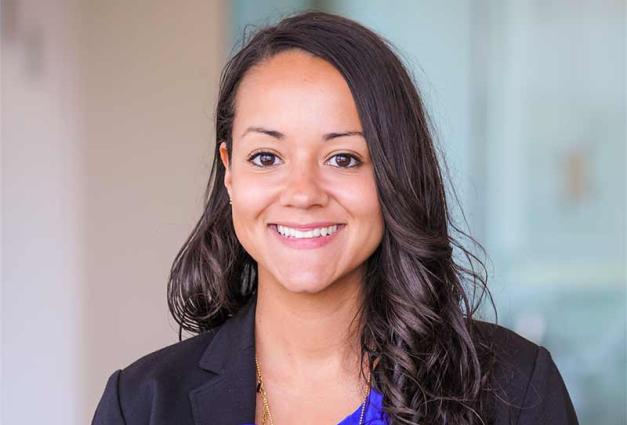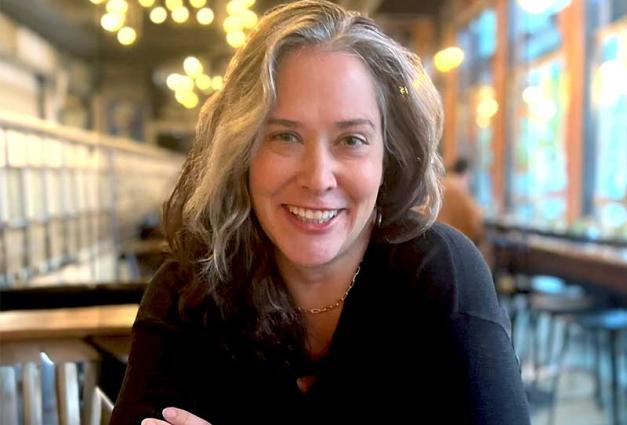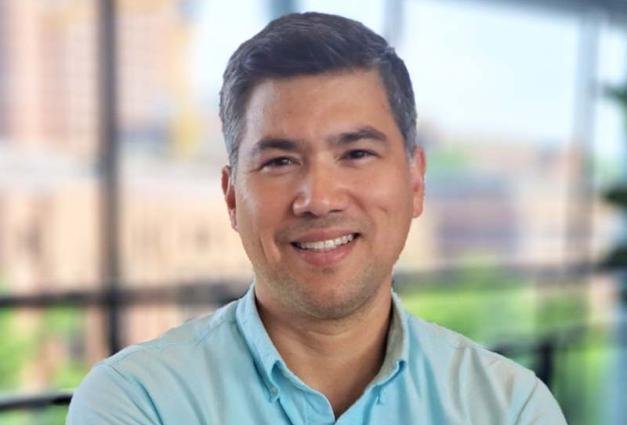Sheila Brownlow is Professor and Chair in the Department of Psychology at Catawba College, a private liberal-arts college in the small—yet vibrant—city of Salisbury, NC. She earned her BA in Psychology in 1984 from the University of Massachusetts at Boston, and her PhD from Brandeis University in 1990. In both undergraduate and graduate school she had passionate social and personality psychology professors who nurtured her love for both fields and who were incredibly supportive, even when she chose to spend her career at an institution that focuses on undergraduate teaching.
What led you to a career in social and personality psychology?
I always loved social psychology—how could I not? Our sub-discipline is the most interesting in psychology. And I enjoy research, but I enjoy teaching research in social psychology even more. I cannot even imagine what a semester would be like without students and their research. Even through the pandemic I’ve been face-to-face (or, rather, mask-to-mask) since August, 2020.
What do you appreciate most about SPSP?
At a small school faculty wear many hats. My content hats are social and personality psychology. I think our field has the most interesting journals (Personality and Social Psychology Bulletin is a favorite). Yet every article I read, or every talk I hear at a conference, has to be processed through my “how do I convey this to 20-year olds?” filter.
My other hat—my biggest hat—is the one for the lucky person who is responsible to teach research methods to all of our students. One of our biggest challenges as teachers is to produce scientifically-literate students who can navigate the mass of misinterpreted data and false information about social behavior. I’m glad that the focus on replication and reproducibility has been driven by members of SPSP, and that it was originally concentrated in research in social and personality psychology. This focus is great not only because it helps students understand that science is self-correcting when more data are collected and as the world changes the context of data collection, but it also legitimizes replications as acceptable research topics. I am convinced that our greatest contribution as psychologists is helping students learn how to evaluate evidence so that they can become more responsible citizens.
What makes my career path unique?
I loved research in social and personality psychology since my very first courses as an undergraduate. I originally intended to major in the natural sciences, but was reeled in when I realized that I could do research (exciting!) about people (more exciting!). But I wasn’t very focused in my research interests, finding endless rabbit holes. When I was beginning my career, the knowledge that I would have to be narrow in research interests disquieted me. I liked teaching, and thought I would focus there, never predicting that I would be 32 years and counting at a small school in the South (I’m originally from Massachusetts). I found out pretty quickly that teaching research in social processes was my real passion. Now, anything that piques my students’ interests, or mine, is an avenue for research. So, I’ve been all over the board—from superstition to point-light technique, from language in social media to women in science—and I still feel as though at any time I could start down a new trail. I’m proud to say that it has been 30 years since I’ve published a study without at least one student as co- or lead author. I can’t imagine a different career path.




